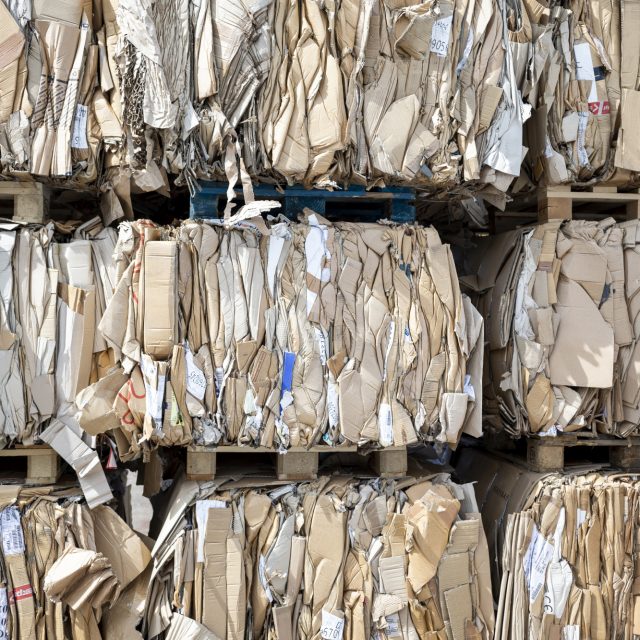Commodity Trading
Commodity trading relates to businesses that produce large amounts of recyclable materials, such as cardboard, plastic film, plastic bottles, wood and metal. We help these businesses realise the potential of their waste by extracting the maximum value and selling it on as a commodity. We use our extensive supply chain network to ensure you’re receiving competitive prices based on market rates.

Commodity Trading
Whether you’re a wholesaler, retailer, manufacturer or logistics specialist, Zest Recycle can help you capitalise on the potential of your waste.
The different types of material that can be traded include but are not limited to:
- Paper and cardboard (news and pamphlets, sorted office paper, white letter paper)
- Plastics (plastic film (LDPE), plastic bottles (PET), milk bottles (HDPE))
- Metals (steel, ferrous and non-ferrous metals, aluminium cans)
- Textiles
When it comes to recycling trading, we help you identify the different grades of materials and most suitable collection method and equipment, so you can achieve the maximum rebate. We will carry out a thorough audit of your waste streams to help you to identify the high-value materials that you generate. We will also work with you to establish the most practical approach that will enable you to grade and separate these materials effectively.
We will collect your recyclables, arrange appropriate transportation and source a suitable processor. Our end market relationships enable us to sell these materials at the best price, meaning you could see a significant rebate for your materials.
Zest Recycle offers waste trading services and advice to customers all over the UK. Want to squeeze the most out of your high-volume waste streams today? Get in touch.
See how we can help
Get in touchThe Commodity Trading Journey
Waste materials, such as cardboard, paper and plastics are baled on site and prepared for collection
Baled materials are collected by one of our approved and vetted contractors
Materials are returned to a recycling plant and processed into new paper products or materials to feed into the manufacturing process, such plastic pellets
Recyclable materials are reprocessed into new materials, such as paper, cardboard boxes and fleeces
Useful in these Sectors
Waste Services

Why Choose Zest?
Exceptional service
From the Zest Recycle customer services and account management teams, to our network of supply chain partners, carefully selected to meet our clients' individual needs, we are passionate about delivering the highest level of service at all times.
Lower costs
We work with our clients to streamline processes and optimise collections, cutting waste in every sense and ensuring maximum value is achieved from your recycling and waste resources.
Full compliance
We ensure that you are aware of the latest legislation, advise you on all aspects of compliance and help you implement best practices that ensure you are managing your waste responsibly and compliantly.
Environmentally friendly
Sustainability is the foundation of everything we do. We utilise SME contractors from local communities, helping to reduce carbon and supporting local businesses. We work collaboratively with our clients to make more sustainable waste choices.
? Did you know...
Where recyclable materials, such as cardboard, paper, and plastics are produced in high volume, it is possible to generate a healthy rebate for your business?
Latest Articles
Benefits of Cardboard Recycling and Compaction Equipment
Read articleZest Recycle Celebrates 3rd Birthday
Read article

